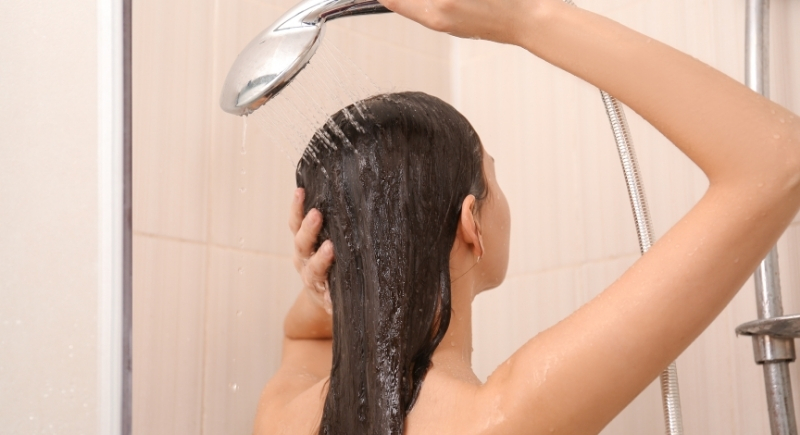The Perfect Time to Shower Might Not Be What You Think
For most of us, a shower isn’t up for debate. It’s folded into the day almost without thought, as natural as brushing your teeth or pouring coffee. Still, the question of when to take it has sparked more discussion than you might expect. Morning, evening, or somewhere in the middle—each option has its devoted fans, and each comes with its own set of trade-offs.
Scientists and doctors have looked into shower timing because it affects more than hygiene. It connects to sleep rhythms, skin health, and how long you feel fresh. Microbiologists, dermatologists, and sleep researchers may not fully agree, but they share one conclusion: when you shower shapes your day.
Why Microbiologists Recommend a Morning Rinse

Image via Canva/pixelshot
Microbiologists warn that washing up at night doesn’t leave you as clean as it feels. According to Dr. Primrose Freestone at the University of Leicester, your body continues producing sweat, oil, and dead skin long after you’ve washed. Those secretions become food for bacteria and dust mites in your bedding, and their activity increases overnight.
By morning, that combination of microbes and skin debris lingers on the body and clothing. This is why you need a morning rinse, which acts like a reset, removes bacteria before it multiplies further, and lowers the chance of unpleasant odor. For anyone prone to allergies, it also clears away microscopic irritants left behind in sheets.
How Evening Showers Affect Sleep
While bathing in the morning helps you maintain hygiene, sleep researchers point to nighttime as the most strategic choice for rest. Shahab Haghayegh, a Harvard Medical School instructor, studied how warm baths taken one to two hours before bed influence body temperature. The heat draws blood toward the skin’s surface and allows the core to cool after you dry off.
That drop in core temperature sends a signal to your body’s circadian rhythm that it’s time to rest. The key, researchers note, is consistency: making it part of your nightly routine trains your internal clock to respond.
Professionals note that showers closer to bedtime don’t have the same effect because the body doesn’t have enough time to cool down. People who rinse off correctly in the evening often fall asleep faster and experience deeper rest.
Sleep specialists point out, though, that this method doesn’t work equally well for everyone. But in the case of individuals who benefit from these, evening baths act as a reliable cue to pair physical relaxation with a temperature change that encourages better quality sleep.
How Timing Impacts Mood and Focus

Image via Canva/Yuganov Konstantin
Beyond biology and hygiene, showers also influence mental state. Psychologists and wellness experts have found that cleansing routines encourage relaxation and creative thought, since the mind often makes new connections in idle moments. Surveys also reported that remote workers use midday showers to break up long stretches of focus, and describe an afternoon rinse as both energizing and mentally refreshing.
On the other hand, morning washes play a different role by reinforcing alertness. Aromatic products containing rosemary or other stimulating scents are often marketed for this reason, and studies support their impact on focus.
Evening showers, by comparison, work as part of an emotional routine that signals bedtime. Dermatologists emphasize that the timing isn’t purely scientific, but also involves conditioning. As time passes, the body associates rinsing off with cues like sleep, wakefulness, or creativity, which makes consistency one of the several factors in shaping long-term benefits.